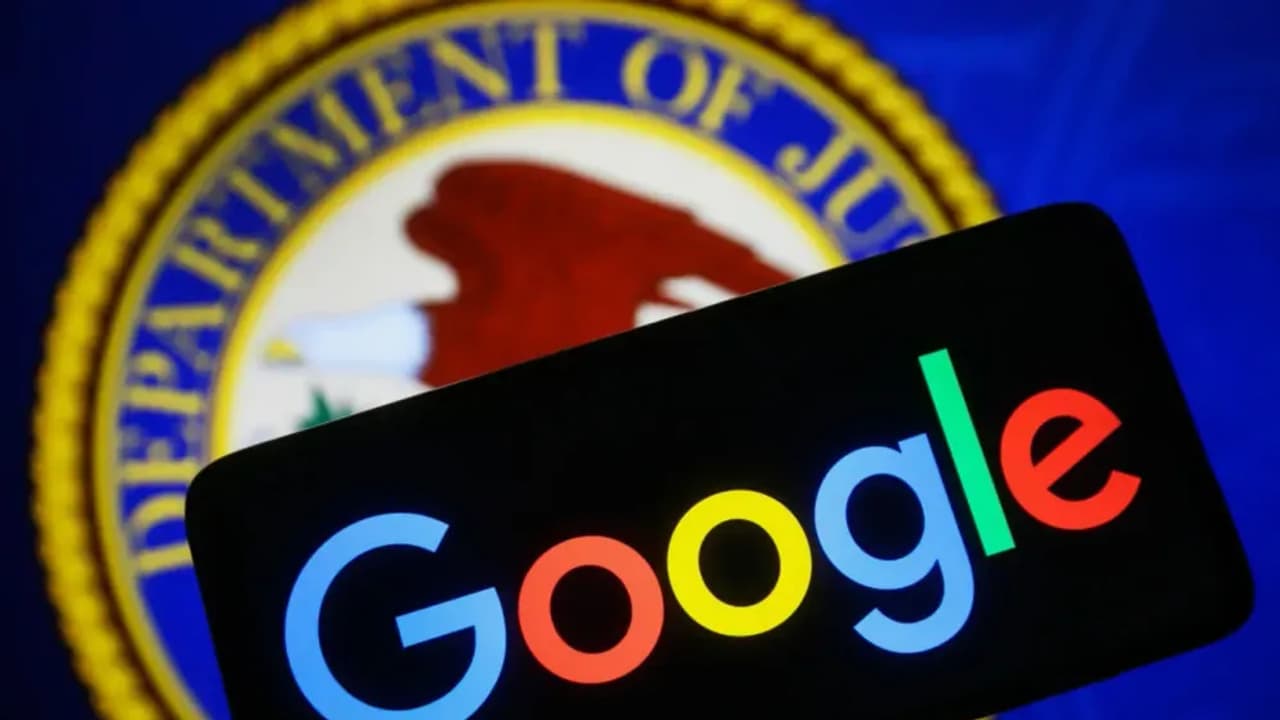Lee-Anne Mulholland, Alphabet's VP of Regulatory Affairs, slammed the DOJ lawsuit as a "backward-looking case" coming at a time of intense competition when new services such as OpenAI's ChatGPT and foreign competitors such as DeepSeek were thriving.
Alphabet, Inc. (GOOGL) (GOOG) hit back after a federal court ruled last week that Google violated antitrust law by monopolizing open-web digital advertising markets.

Alphabet said in a filing with the SEC that District Court Judge Leonie Brinkema of the Eastern District of Virginia issued a mixed verdict on Thursday. The company plans to appeal the adverse portion of the ruling.
In her ruling, the judge said the Department of Justice (DOJ) has failed to prove that there is a relevant market for open-web display advertiser ad networks.
Still, it has substantiated that Google has willfully acquired and maintained a monopoly in the open-web display publisher ad-server market and the open-web display ad exchange market.
Publishers depend on the ad tech stack to buy and sell ads that reach customers.
Last week's ruling came after a 15-day trial in September 2024 in response to a Jan. 2023 antitrust civil lawsuit filed by the federal agency against Google for monopolizing key digital advertising technologies.
Responding to the ruling, the Justice Department said, "The Court's ruling is clear: Google is a monopolist and has abused its monopoly power." It added that the ruling confirmed "Google's controlling hand over online advertising and, increasingly, the internet itself."
In a blog post, Lee-Anne Mulholland, Vice President of Regulatory Affairs at Alphabet, said the company had long disagreed with the court's decision and would appeal.
The executive said the company would show "how DOJ's unprecedented proposals go miles beyond the Court's decision and would hurt America's consumers, economy, and technological leadership."
She slammed the DOJ lawsuit as a "backward-looking case" amid intense competition when new services such as OpenAI's ChatGPT and foreign competitors such as DeepSeek were thriving.
Mulholland said the DOJ's proposal makes it harder for consumers to get services they want and that the agency's proposal to prevent the company from competing for the right to distribute Search would raise prices and slow innovation.
The executive also warned of privacy and security issues as Google might have to share sensitive and private queries with companies that one may never have heard of. She also said the regulator's proposal would stifle Google's artificial intelligence (AI) development.
She contended that the proposal to split Chrome and Android would hurt businesses built on them and undermine security.
Mulholland said, "When it comes to antitrust remedies, the U.S. Supreme Court has said that "caution is key." DOJ's proposal throws that caution to the wind."
"We look forward to making our case in court."
On Stocktwits, sentiment toward Google-parent Alphabet's stock stayed 'bearish' and the message volume also remained 'low.'

One bearish watcher said they expect the Alphabet stock to return to $90-$110, levels last seen after the 2022 split. They expect the stock to reverse course only if the company finds a way to keep the monopoly and improve AI investing.
Another user saw the court ruling as "solid bad news" and expected the stock to fall.
The stock could see brisk activity this week as the company reports its quarterly results on Thursday.
Alphabet stock ended Thursday's session down 1.38% at $151.22, taking its year-to-date losses to over 20%.
For updates and corrections, email newsroom[at]stocktwits[dot]com.<
